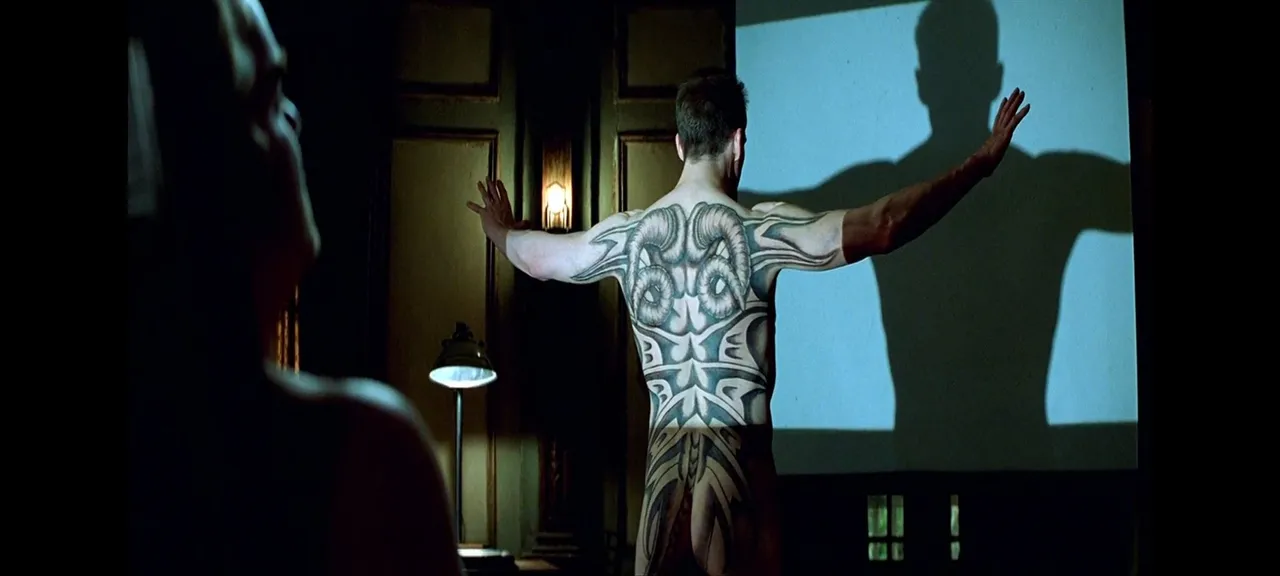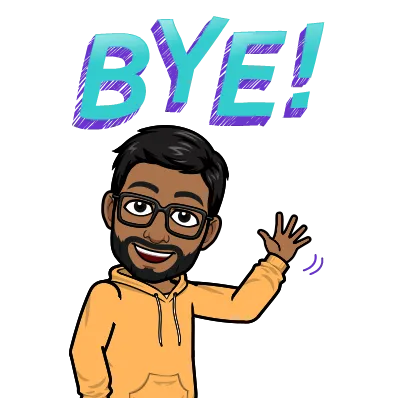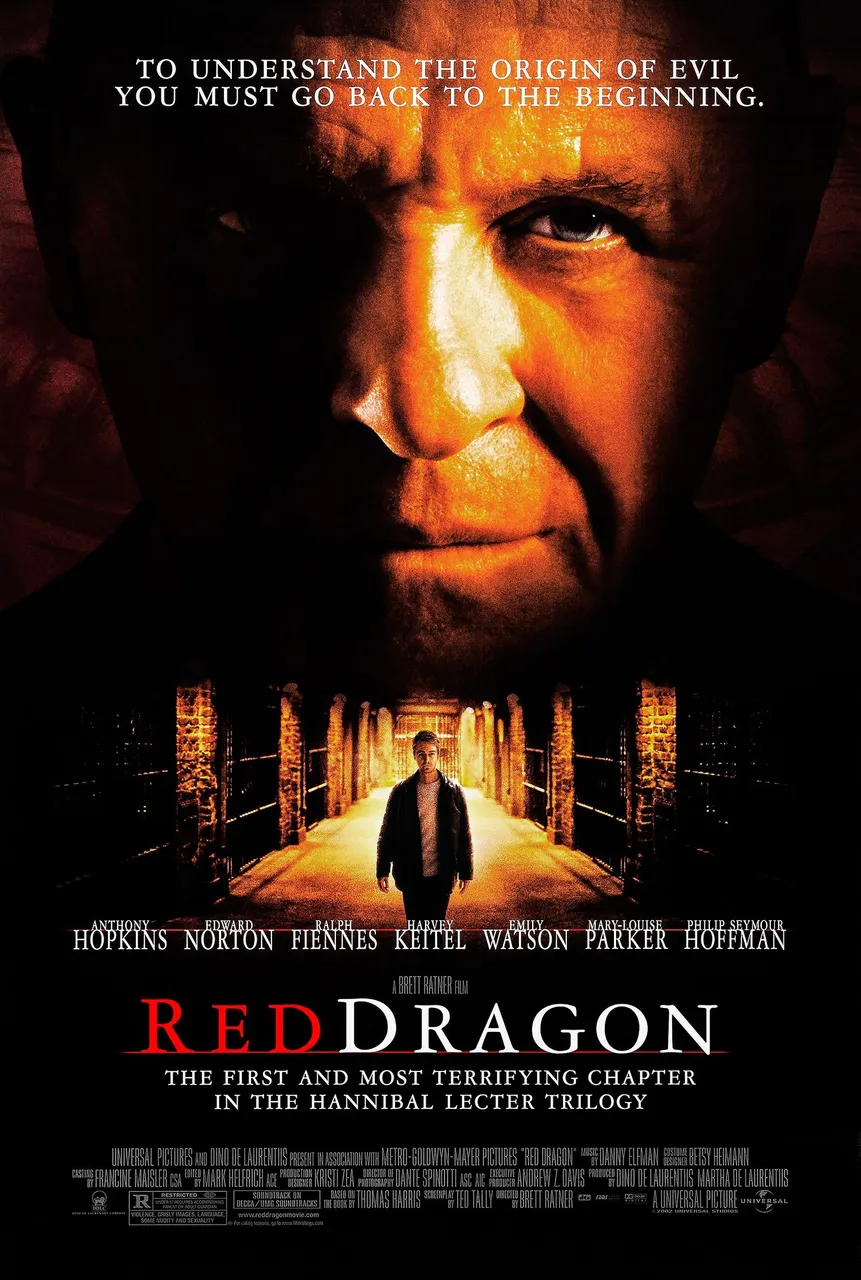
After the pleasant surprise that it represented for me to see "Silence of the Lambs" for the first time, I think the next logical decision was to see the other adaptations that Thomas Harris' brilliant character had had on the big screen: Hannibal Lecter.
From the beginning, it really caught my attention that an actor of the stature of Anthony Hopkins had played a character of this type on more than one occasion, understandable if we take into account that it had cost him an Oscar in 1992, but at the same time he told us much about the love and fascination that the actor felt for the cannibal doctor.
However, it's important to recognize that while Hopkins' presence remains one of the highlights of "Red Dragon" (2002), this is a very different beast in many areas, for better or worse, something that it brings a bit of freshness to Brett Ratner's foray into adapting Harris's work, although at the same time we can only miss the excellent work Jonathan Demme did with Silence of the Lambs in the early 1990s.
In my review of the latter, I spoke briefly about my fandom for the NBC series, a fandom that stemmed from the elegance with which a set of deep characters and situations had been adapted, making them work in a slightly more "format." ambitious" than a regular film without losing its original charm.
On this occasion, Red Dragon is a slightly more bitter experiment, capable of delivering a shocking film with exciting moments (which aside from the events of the film, is decently addressed), but at the same time lacks the subtlety that permeates the two adaptations that I just mentioned.
It's not so shocking, of course, especially when we consider that the presence of giants like Edward Norton or Ralph Fieness alongside Hopkins takes a barely efficient script and elevates it to another level, distracting us from the most empty and superfluous moments that the film offers.

This picture was taken directly from the movie by me
Unlike Lambs (and excuse me for the comparisons, again), the resolution of the final conflict is not so satisfying, not because it lacks logical sense, but because it is built in a non-organic way.
The myth of Hannibal Lecter continues to function, our only regret is that he is not in such capable hands this time.


Luego de la grata sorpresa que representó para mí ver "Silence of the Lambs" por primera vez, creo que la siguiente decisión lógica era ver las otras adaptaciones que había tenido el brillante personaje de Thomas Harris en la gran pantalla: Hannibal Lecter.
Desde el principio llamaba muchísimo mi atención que un actor de la talla de Anthony Hopkins hubiese interpretado a un personaje de este tipo en más de una ocasión, entendible si tomamos en cuenta que le había costado un Oscar en 1992, pero al mismo tiempo nos decía mucho sobre el amor y la fascinación que el actor sentía por el doctor cannibal.
No obstante, es importante reconocer que a pesar de que la presencia de Hopkins sigue siendo uno de los aspectos más destacados de "Red Dragon" (2002), estamos ante una bestia muy diferente en muchos áreas, para bien o para mal, algo que le brinda un poco de frescura a la incursión de Brett Ratner adaptando la obra de Harris, aunque al mismo tiempo no hagamos más que extrañar el exelente trabajo que hizo Jonathan Demme con Silence of the Lambs a principio de los noventa.
En mi reseña de esta última, les hablaba brevemente sobre mi fanatismo por la serie de NBC, un fanatismo que nacía de la elegancia con la cual se había adaptado un set de personajes y situaciones profundas, haciendo que funcionaran en un formato un poco más "ambicioso", que una película regular sin que tuviesen que perder su encanto original.
En esta ocasión, Red Dragon es un experimento un poco más amargo, capaz de entregarnos una película impactante y con momentos emocionantes (Que aparte aborda decentemente por eventos del filme), pero que al mismo tiempo carece de la sutileza que impregna las dos adaptaciones que acabo de mencionar.
No es tan chocante, lógicamente, especialmente si consideramos que la presencia de gigantes como Edward Norton o Ralph Fieness al lado de Hopkins toman un guión apenas eficiente y lo elevan a otro nivel, distrayendonos de los momentos más vacíos y superfluos que ofrece la película.

This picture was taken from the movie by me
A diferencia de Lambs (y me disculpan las comparaciones, de nuevo), la resolución del conflicto final no es tan satisfactoria, no porque carezca de sentido lógico, sino porque se construyen de una forma poco orgánica.
El mito de Hannibal Lecter sigue funcionando, lo único que lamentamos es que no esté en manos tan habiles está vez.

Twitter/Instagram/Letterbox: Alxxssss

